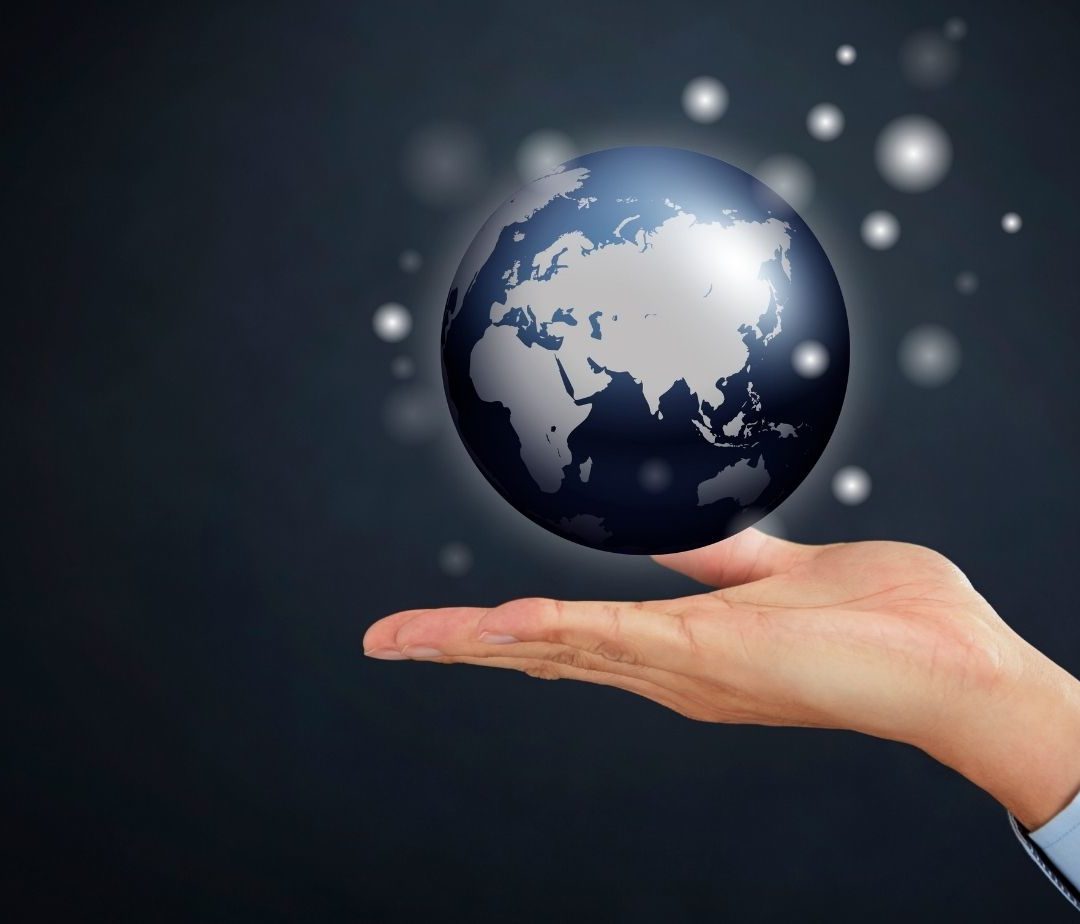As we all know, data is priceless, similar to kasyna bez depozytu, and is a resource that can be used to address the most demanding global issues. One of the worst global challenges we are facing now is the CoronaVirus pandemic. Others include climate change, global pollution, global hunger, war, and more. Concerning sharing data, a new report, Data-driven economies foundations for our Common Future, from the World Economic Forum, shows a problem. People have been unwilling to share data even during Covid-19, and this can only mean one thing. It can be harder to create robust solutions to various global challenges. On the other hand, seamless data sharing may help shape the future for the sake of generations yet to come. So, when can new data governance models be most beneficial to a country?
When Dealing with People who Have Rare Illness
This doesn’t have to be the CoronaVirus epidemic only. Even before it came, around ten percent of the world’s population lived with a rare disease. According to research findings, 15.2 million people are waiting to do clinical genomic testing for their rare disease in the next five years. Imagine how much people could benefit from limitless data sharing. If genomic data, clinical data, and phenotypic data became more accessible to medical experts and researchers, people with rare illnesses would get their diagnosis and treatment faster. Sharing a clinical record full of valuable data is vital, but how can confidential information be protected? There are automated solutions to help aggregate and share personal health data remotely without exposing hackers and bugs.
When There is a Crisis, such as Drought
Some challenges strike hard, and they affect many humans at once. One of these is drought and is not only affecting people living in third world nations. Drought and hunger have become a humanitarian need affecting around 690 million people worldwide. It is estimated that the number of people experiencing hunger will reach 840,000,000 by 2030. Right now, someone dies every day because of hunger. Therefore, this is serious and prompts governments to offer their humanitarian sector a system that could tackle the crisis. This is possible if only tons of private and public data can be combined and analysed to generate a logical and real-time view of the global food and essential goods chain. This can ensure that these humanitarian needs are taken to where they can make a difference in the future.
When Tourism Industry is Facing Constraints
One of the elements that form a big part of the global GDP is the tourism industry. Ten percent of the world’s GDP and employment comes from the travel sector. Findings show that the tourism sector leads to increased economic growth, a higher employment rate, and better connectivity. Due to insufficient data sharing, however, the sector’s sustainability is affected by things like environmental pollution, overcrowding, and terrorist activities, among other things. Sustainable tourism is possible if the resources in each tourist destination are exploited to benefit the local community and tourists. This can be achieved by releasing big data and exploiting all digital devices to help authenticate the distribution of various tourism resources.
Apart from the challenges mentioned above, there are other ways that data sharing can support the future. One of these is the increasing rate of urbanization, as, by 2050, virtually seventy percent of the global population will be based in cities. As a result, there will be overcrowding and other challenges that only clever data sharing will solve.






